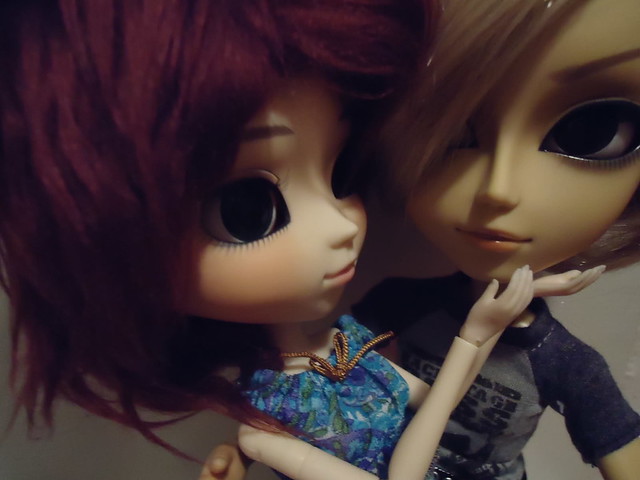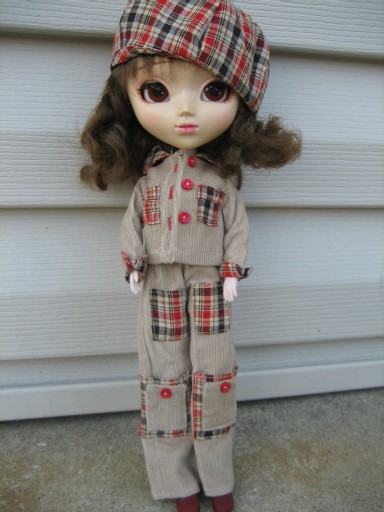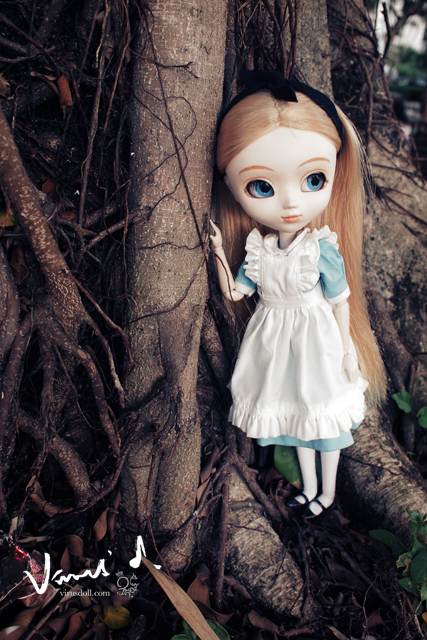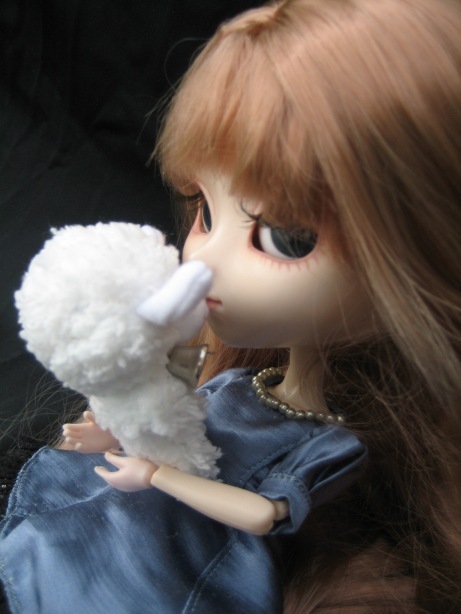Macau China has a number of great sites. It has breathtaking villas; it is home to what is widely considered the best food in the nation - it has spectacular ruins, museums and a singularly fascinating history. But, of course, 99% of visitors to Macau have little interest in these things. This is the gambling mecca of the Orient, a bustling hybrid of China and Vegas, the golden jewel of Macau Tourism.
Macau is often mentioned in the same breath as Hong Kong as both are assimilated trading posts from a bygone age. They are merely 35 miles apart, each lying on opposite sides of the mouth of the Pearl River. Both are far more entrenched in Western culture and capitalism than the rest of the region. And both are tiny fortresses surrounded by the so-called real China, vastly different entities that happen to share a common country.
The first thing many people notice about Macau China is how clean it is. The tidiness carries over into everything here. The Macau casinos are famous for it, but it's the rest of the city that splays out a testament to order and hygiene. The majority of historical sites in Macau have been immaculately restored too, especially the ancient villas and churches - the most obvious reminder that this land was once under European rule. Until 1999, in fact, when the Portuguese finally returned their long-standing prize back to its rightful owners.
There are a number of tours for visitors that will take through the aging sites of the city—the ruins of the church of St. Paul, Monte Fort, Guia Fort, St. Domingo's Church and the Loyal Senate are some of the best of what remains of Portuguese culture, subtly intertwined with 15th century temples and ultra-modern buildings. The Macau Museum of Art is one of the finest in China, while the Macau Wine Museum attempts to educate the uninitiated with tastings and lessons in differentiating between famous wines.
Possibly the most unfairly overlooked area of Macau China is Taipa City, connected to the mainland by two bridges and a causeway. The city rests on the southern shore of the island, and though it has seen recent development with regards to Macau tourism, it is still relatively small, with regards to the many Macau casinos just a few miles away. Taipa City is certainly the best place to go to see the amalgamation of the Portuguese and Chinese cultures—colonial baroque architecture stands right next to Buddhist and Taoist temples, while the entire city is dotted by lush parks and the occasional beach. Hiking is also popular just outside the city, and a number of trails await intrepid travelers.
Central Macau, however, is where the action is. Home to more than 26 casinos, tourists from all over try their luck in one of the spacious Macau Casinos. The Lisboa Hotel and Casino tops them all (for now, a handful of new ones are under construction as we speak), the gaudy monument to Vegas, to Europe, to gambling. Easily the most popular of Macau casinos, you can see why. Not only does it house more tables than any other casino, but it also offers the widest variety of games for tourists to try. It is not the only casino that attempts to resemble Las Vegas, however. Many are owned by the same corporations, making familiar names such as Wynn and MGM Grand, the Venetian and the Sands staples of both Las Vegas and Macau China. Like you would expect, the casinos of Macau are all about luxury, opulence, greed. The bright lights and promises of untold riches are nothing new to those who've traveled to Las Vegas or Monaco, but Macau has carved out its own identity, one which they will continue to build on for years to come.





















0 comments:
Post a Comment